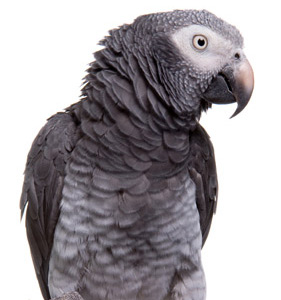ThatGuy
New member
If anyone could help me find a way or give tips to stop my sun conure from biting as much it would be great
I know she does yell if I put my finger near her sometimes but she does preen me and show that she is comfortable while on my shoulderAlso remember sometimes what we think is Biting, is a bird wanting to Preen you. This is another reason why the Bite Pressure training is very important. Preening is a social behavior. If birds preen each other wrong they will correct each other. But the preening continues. It is a Social behavior between birds that like each other. They use their beaks and to us it can feel like gentle biting. So as long as its gentle, it's Okay and even should be Encouraged.
We've had her for a year atleast but she was always in my brother's room and she never got much attention. I don't know old she is but the original owner gave it to us when she was unable to go with her on a flight. She only has 1 foot and was never shown much attention to by my brother and recently I decided to start showing her more attention.Welcome. Take a deep breath this is a well documented problem which will pass with the right actions. You don't say how long you have had your little one or how old he is, and both facts might have a bearing on the problem. Perhaps a few more details like when he bites, where he bites eg hands. Actions on your part may vary depending on those details. In the meantime have a look through the site at other threads on biting - there are many.
